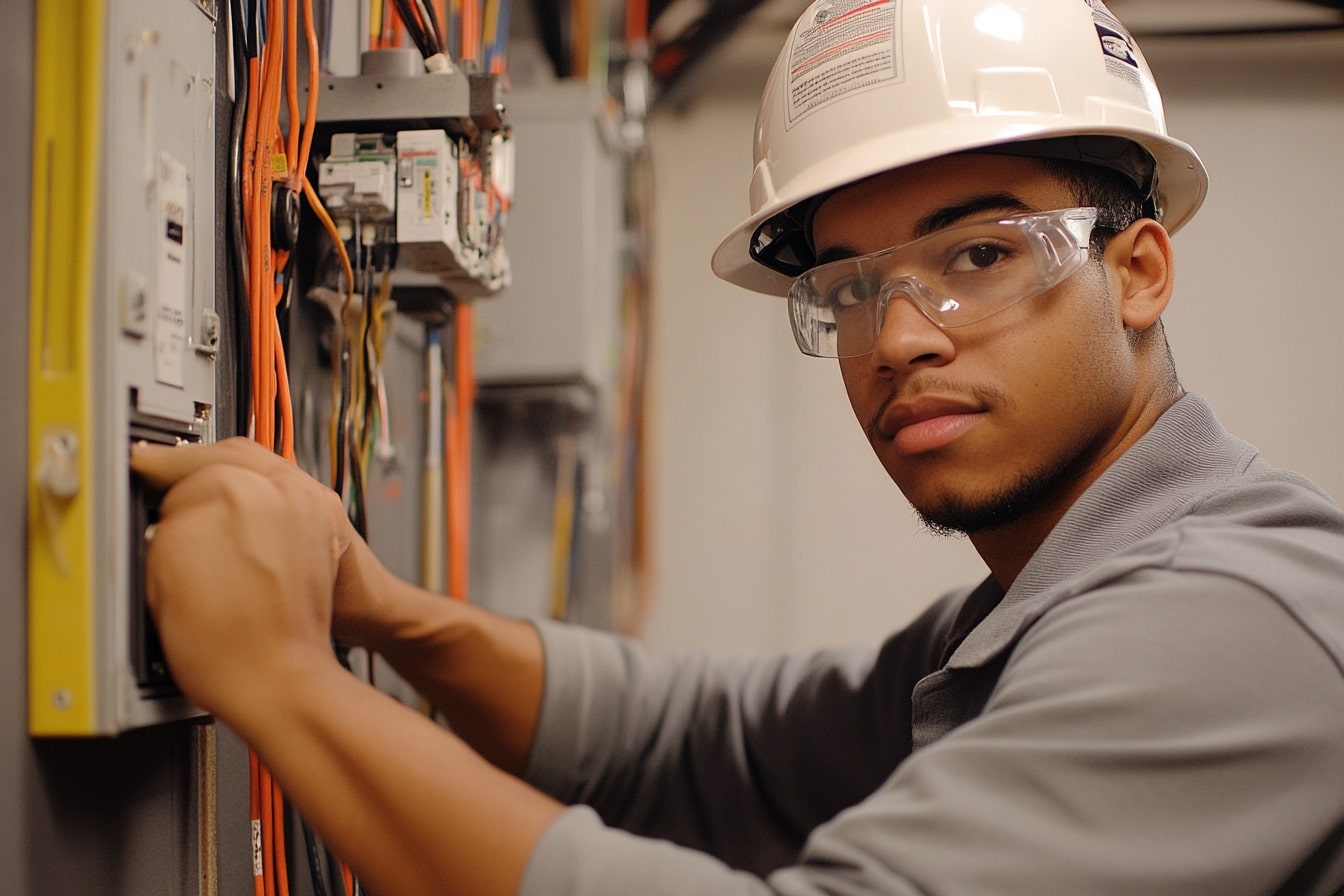Working on an Oil Rig: Roles, Risks, and Career Paths
Working on an oil rig involves a mix of specialised skills, physically demanding tasks, and strict safety procedures. Offshore platforms operate in remote maritime environments where teams must maintain complex equipment, manage drilling operations, and respond to changing weather and technical challenges. This article explains common roles, entry requirements, working patterns, and how safety and career progression are handled, with practical information for those considering this line of work.

What jobs are available on an oil rig?
Oil rigs require a wide range of roles that cover mechanical, technical, operational and support functions. Typical positions include roustabouts and roughnecks who perform general maintenance and manual tasks; toolpushers and drillers who manage drilling operations; crane operators and rig electricians who maintain heavy equipment and power systems; and specialists such as mud engineers, subsea technicians and geologists who support the technical aspects of exploration and production. On many installations you will also find catering staff, medics and HSE (health, safety and environment) officers who keep daily life functioning safely. Each role has different skill sets and responsibilities, from hands-on physical labour to advanced engineering or scientific duties.
What qualifications and training are required?
Entry requirements vary by role and employer. For many operational or entry-level positions, employers expect basic trade qualifications, relevant vocational certificates, and completion of offshore safety training such as a Basic Offshore Safety Induction and Emergency Training (BOSIET) or equivalent. Specialist technical roles often require formal apprenticeships, vocational qualifications in electrical, mechanical or marine disciplines, or university degrees for engineering and geology positions. Medical fitness and an offshore medical certificate are commonly required. Short courses in firefighting, first aid, manual handling, and permit-to-work systems are usually mandatory. Candidates can find training and recruitment support through local services and recognised maritime training centres that deliver industry-standard certifications.
What are typical working conditions and schedules?
Offshore schedules differ from onshore jobs: many rigs use rotational shifts such as two or three weeks on followed by equivalent time off, with 12-hour shifts commonplace. Workers live in shared quarters on the platform and follow strict daily routines for safety and efficiency. Conditions can include exposure to noise, vibration, confined spaces and changing weather; maritime transit to and from the rig may involve helicopter or vessel travel. Accommodation standards generally include communal dining and recreation areas, but space is limited compared with onshore living. The physical demands and isolation mean that adaptability and resilience are important. Employers also emphasise fatigue management and mental health support because extended rotations and separation from home can be challenging.
How are safety and health managed offshore?
Safety is central to offshore operations. Rigs operate under regulatory frameworks and company safety management systems designed to reduce incidents. Common measures include routine safety briefings, permit-to-work processes, lockout/tagout procedures, regular emergency drills, and comprehensive personal protective equipment (PPE) policies. Medical services on larger installations typically include a designated medic and basic clinic facilities; emergency evacuation plans are established for serious incidents. Operational risk assessments and safety audits are standard practice. Workers receive training in hazard recognition, confined space work, and safe lifting practices. Effective communication, adherence to procedures, and reporting of near-misses contribute to a stronger safety culture on board.
How does career progression work in the industry?
Career paths on oil rigs can be structured and offer opportunities to move from entry-level roles to supervisory and specialist positions. Progression often combines hands-on experience, additional certifications, and formal qualifications. For example, a mechanic or electrician may advance to senior technician roles, then to supervisory positions such as chief electrician or maintenance foreman, and potentially to shore-based engineering or management roles. Technical specialists can move into engineering, project management, or consultancy careers. Transferable skills—problem solving, teamwork, regulatory compliance and technical competence—are valuable both offshore and in onshore energy or marine sectors. Networking, consistent performance, and continued professional development through courses or apprenticeships help accelerate career growth.
What should prospective workers consider before applying?
Prospective candidates should evaluate personal readiness for the physical and psychological demands of offshore life, including the effects of rotational schedules on family and social life. Verify that required certifications and medicals are obtainable locally and check providers for necessary training courses. Recruitment agencies and local services that focus on offshore placements can provide guidance on role requirements, training pathways and employer expectations. Research the specific employer’s safety record, living conditions on the installation, and crew composition where possible. Bear in mind that pay rates, benefits and contractual terms vary by company, region and role; confirm details directly with prospective employers and view remuneration as one part of overall working conditions.
Conclusion
Work on an oil rig offers a distinctive combination of technical challenge, teamwork and remote living that suits certain personalities and skill sets. Understanding the variety of roles, the training and fitness requirements, typical working patterns, and the emphasis on safety can help candidates make informed choices about pursuing an offshore career.




